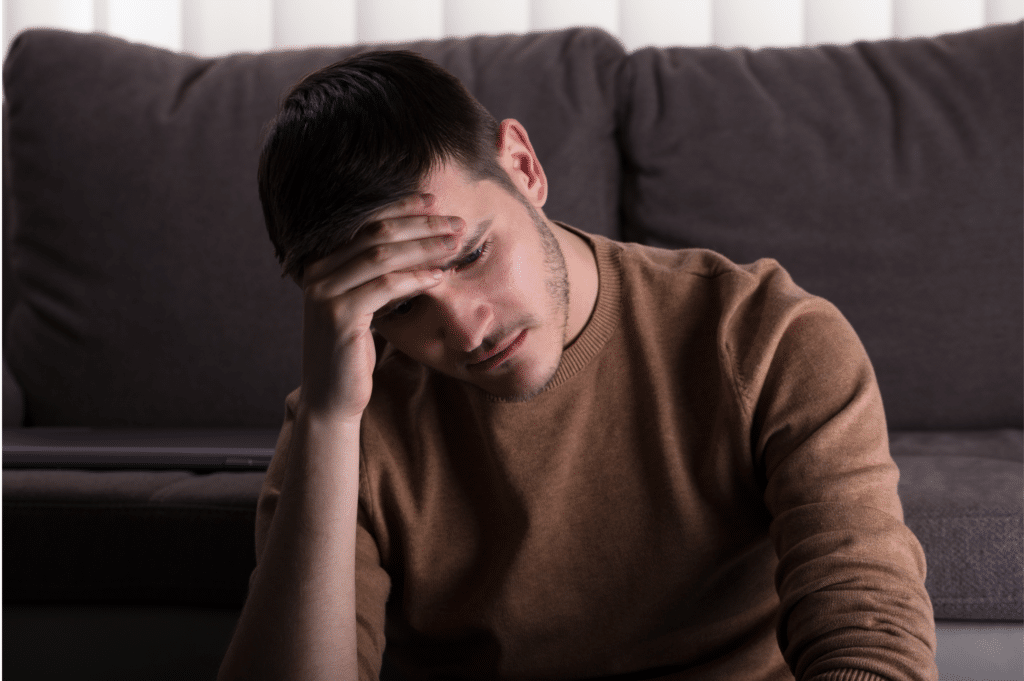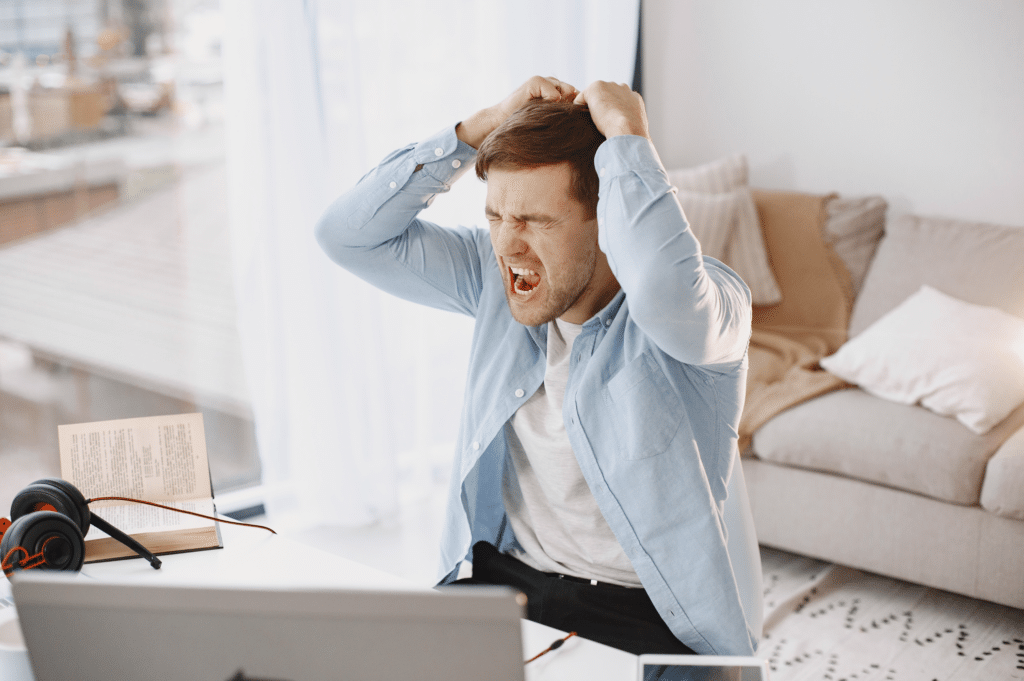
Learning to adapt your recovery journey to the real world while managing addiction relapse triggers is essential.
Addiction recovery is a journey. It is a road with speed bumps and winding footpaths on unchartered terrain. Despite maintaining your treatment goals, you may, at some point, have to cope with drug cravings and relapse. A person, place, object or situation that cues a drug craving is called a “trigger.” Learning coping strategies for common addiction relapse triggers is an essential part of a successful recovery.
How to Identify Addiction Relapse Triggers and Prevent Them
Each person has triggers specific to their own experience with addiction, and identifying your own substance use triggers is not always easy. The physical symptoms of triggers vary, and can include a tightening or sinking feeling in the stomach. You may feel a fight-or-flight urge caused by spiking adrenaline.
Psychological symptoms that indicate you are encountering a relapse trigger include:
- Increased thoughts about how much better you would feel by using again.
- Reminiscing about past experiences with substances.
- Considering how you would obtain drugs if you were to relapse.
- Feeling like you have a strong need for drugs.
A strong trigger can intensify these feelings to the point where you feel panicked about not being able to use. This feeling of panic can sometimes be overwhelming, so it is essential to learn and practice healthy coping mechanisms.
Preventing addiction relapse requires becoming aware of your triggers and knowing how to act fast when they occur. While avoiding addiction triggers seems to be the best and most obvious option, sometimes they are unavoidable.
You want to begin recognizing relapse warning signs, as they often happen in stages:
- Emotional: isolation, mood swings and frequent distress
- Mental: intense cravings, romanticizing drug use and looking for opportunities to use
- Physical: experimenting with dosages, lying and engaging in secretive behavior
These phases occur and continue most often due to a lack of self-care and relapse prevention counseling. Recognizing relapse signs also includes knowing the common triggers that can lead you to them.
What are the Most Common Relapse Triggers

While every individual may face their own unique set of triggers, some triggers are universal. Here are five common triggers to be aware of in substance use disorder recovery:
1. HALT: Hungry, Angry, Lonely, Tired
The helpful acronym HALT stands for the four states that commonly trigger drug cravings. They are relatively identifiable and are a great place to start when first practicing coping with relapse urges:
Hungry: When stressed or preoccupied, it can be easy to miss hunger cues. If you are feeling an unexpected craving, stop and remember the last time you ate and whether it was nutritious.
Angry: Everyone gets frustrated or angry from time to time. If you do not stop to think about it, feeling anger can lead you to start thinking about drugs as a solution.
Lonely: Without a recovery support system, you lose some of the accountability you get from others. Being lonely or isolated may also tempt you to fill the social void with drugs.
Tired: Being tired can heighten all negative emotional relapse triggers and thoughts. Getting enough sleep is not always easy, but it should be a priority, especially in the early days of recovery.
2. Stress
Stress and addiction relapse, unfortunately, go hand-in-hand. Being in recovery comes with its own set of unique stressors you might think to alleviate with drugs. Stress is something you cannot expect to avoid all the time.
Monitoring your stress levels regularly can help you get a feel for when stress coincides with drug cravings. For example, if you find your stress levels are highest at the end of a long day at work. You can plan to participate in a relaxing activity afterward to help you decompress so cravings are manageable.
3. Boredom
Lack of stimulation almost always increases the frequency of cravings you experience. These behavioral relapse triggers can be tricky to manage if you are unprepared. As your brain restores its chemical balance in recovery, the reward system takes a while to return to normal.
During this adjustment period, everyday activities tend to feel lackluster, which may turn your thoughts toward using again. Picking up hobbies with a physical and mental element, such as crafts, is a great idea. Activities that require planning and working with your hands are a good way to stay physically and mentally busy.
4. Celebration
The good news is that you will have a lot to celebrate as you continue in your recovery. However, the challenge is figuring out how to celebrate in a way that does not dredge up cravings for drugs. Since you are avoiding all potential high-risk situations in recovery, you must be creative. Whether you are hosting or attending a celebration, have an exit plan and relapse prevention strategies ready to go.
5. Relationships
Relationships, romantic and otherwise, are filled with ups and downs that can wreak emotional havoc. Conflict can be triggering, especially when substances may be involved. One way to counteract this common trigger is to seek and develop healthy, supportive relationships based on mutual recovery. Recovery support groups can provide help when you need to talk through how relationship issues are affecting your cravings.
Use These Top Coping Strategies for Common Addiction Relapse Triggers
When it comes to triggers, prevention is the best medicine. Many triggers are avoidable once you identify them, but you cannot live your life constantly in avoidance. When you come up against a trigger you cannot avoid, employ these relapse prevention strategies to help overcome it:
- Do something: Triggers can cause a quick mental spiral that locks you into focusing on your craving. To break free of this cycle, prepare a few fallback activities you can turn to for distraction and to reset.
- Say something: There is a reason addiction support groups have daily meetings. This is because talking through triggers and cravings can be very helpful in overcoming them. Talking to a supportive person can help you process the trigger and reduce its impact in the future.
- Challenge your thoughts: Relapse triggers cause you to think about the good feelings associated with your prior drug use. Challenge this by remembering why you have chosen recovery and refocus on the many positives of your life in recovery.
There are many unique coping strategies for common addiction relapse triggers that you will build yourself. There is no foolproof way to beat every trigger and prevent relapse. Still, testing out new tactics and using what you learn in counseling will make you better equipped to handle cravings.
Learn Coping Strategies for Common Addiction Relapse Triggers with AppleGate Recovery
At AppleGate, we understand that recovery is not always linear for many people. There will be times when you face a trigger and do not know how to handle it. With practice and determination, you can minimize the role of these triggers in your recovery.
If you or someone you care about is struggling with opioid or alcohol addiction, we can help. Our medication-assisted treatment (MAT) program can provide the tools necessary to build a strong foundation for recovery. To learn more, call AppleGate Recovery at 888.488.5337 or contact us online.

Contact AppleGate Recovery Today
If opioid addiction is impacting your life or the life of someone you care about, reach out to our treatment center. We are here to provide the support and care you need to take the first step toward recovery.
Call 888.488.5337